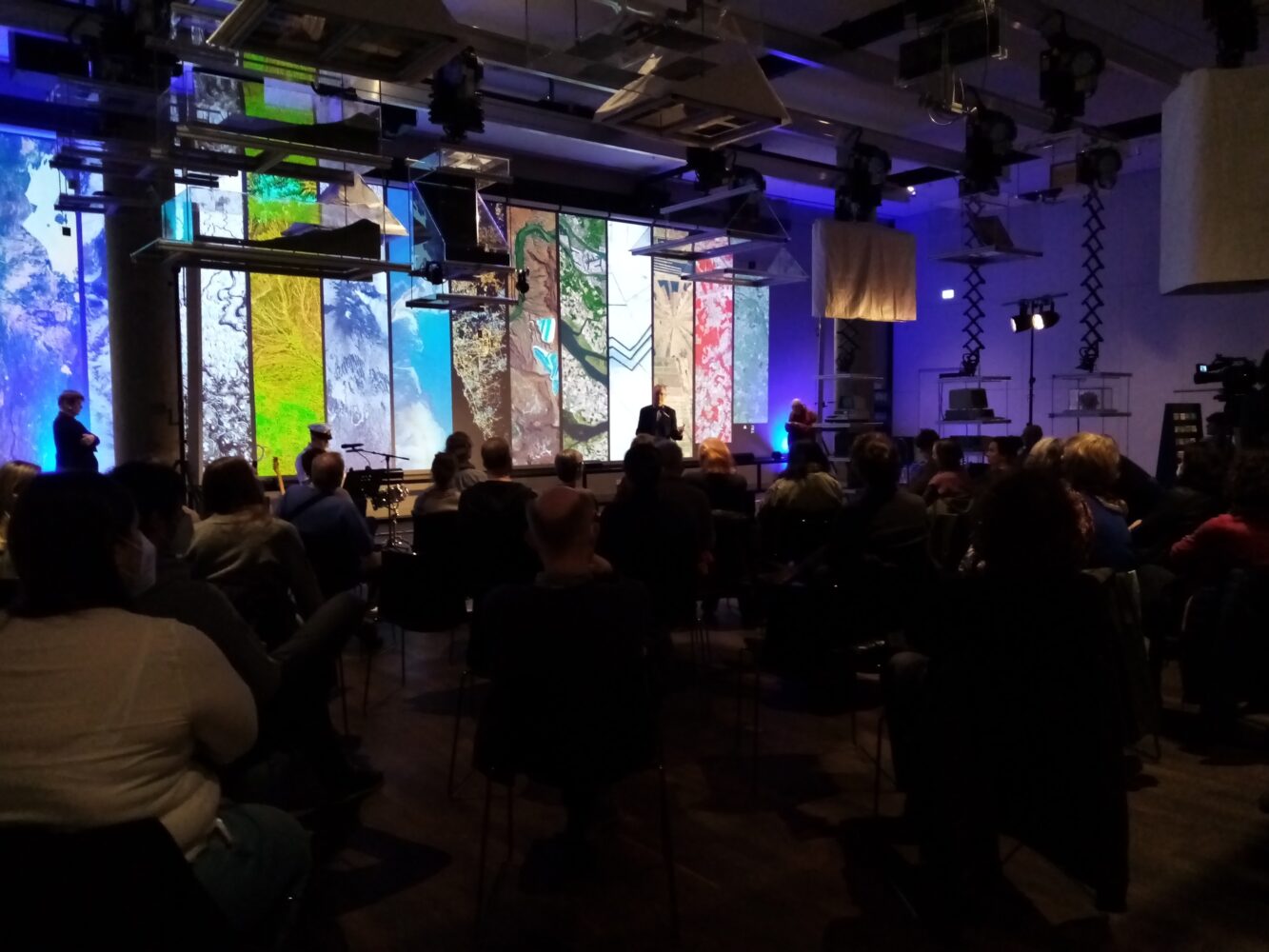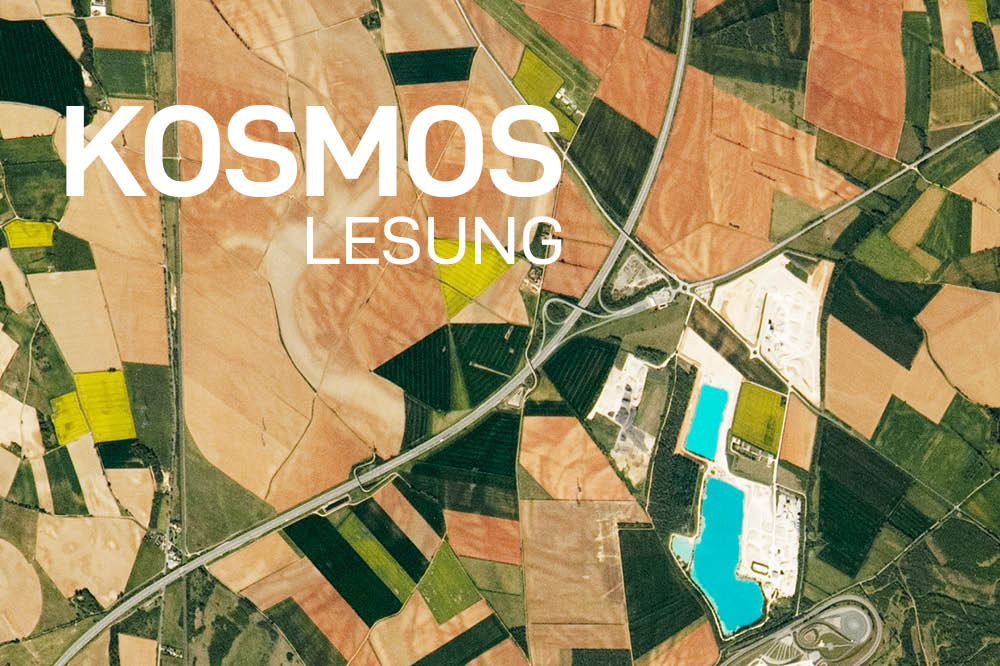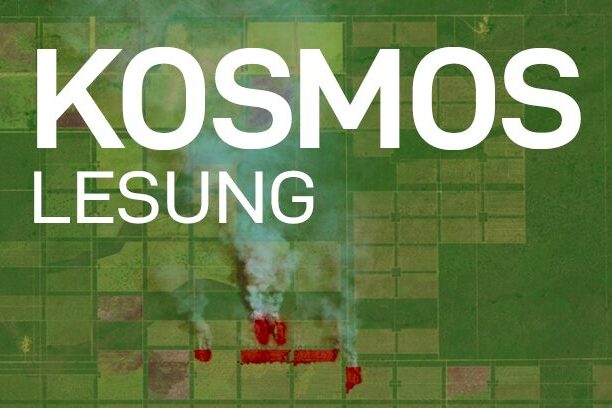
Extreme rainfall, flash flooding, prolonged droughts and increasing pollution… These are just some of the water-related challenges facing the Berlin-Brandenburg region under the impacts of climate change. And while these prognoses require urgent adaptation and mitigation, developing these measures cannot rely solely on technical or scientific advancements. Social and cultural aspects must be integrated into these processes to ensure sustainable solutions reflect the everyday lives and realities of the public.
To begin this complex process firstly requires methods which explore how people in Berlin-Brandenburg understand, experience and feel about their water. As informal gatherings of experts and lay people, the salon format provides an opportunity for exactly this. Traditional salons were developed in Italy and France throughout the 16th-17th century and flourished in Berlin throughout the 18th-19th c. as critical places of mutual learning between scholars, artists, activists etc. They were spaces for people to come together, debate and discuss major scientific, social or political developments of the time.
Inspired by these formats, the AnthropoScenes project organized a salon series with its partners Humboldt Labor, Theater of the Anthropocene (TdA) and Einstein Research Unit Climate and Water under Change (CliWaC). Audiences were invited to watch a range of different performances, curated and directed by the TdA which included a dance by Ziv Frankel to Claude Debussy’s ‘Sunken Cathedral’, as well as several re-imagined shanties from musician Kevin Mooney. In addition, a collection of young artists from different Berlin universities supplied a surprising mixture of works including lively monologues about personal connections to water from Alina Jeschowski and Maria Vittoria Zinoni. On each night, a different special guest told real stories of water-related issues in their region—including Senftenberg and Lübben in Brandenburg. The evening was moderated by actress Claudia Burkhardt, as well as the artistic director of the TdA Frank Raddatz.
Members of the audience were able to enter into conversations with the artists and scientists before and after the main event in the foyer of the Humboldt Labor. Behind the interactive fish curtain, conversations about impressions and perspectives of the show took place over glasses of wine and snacks. This informal atmosphere sought to encourage the audience to share positions, knowledges and uncertainties about water. Former strangers exchanged opinions about the role of science in society, while friends discussed which local lakes were facing sinking water levels.
Over the next three years, AnthropoScenes plans to continue using transdisciplinary and experimental formats which dive into the cultural and social life of water in Berlin-Brandenburg. Entwining art and theater with collaborative processes and scientific methods to engage the public to build sustainable water futures.
More information and upcoming events can be found on the AnthropoScenes webpage.
Author: Pauline Münch







